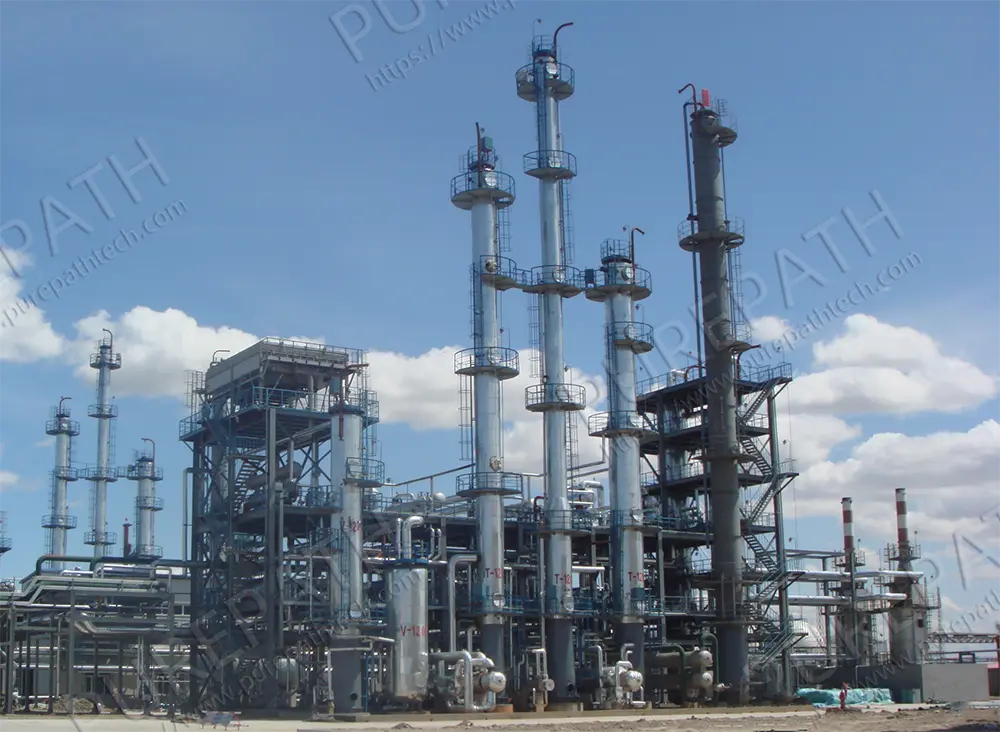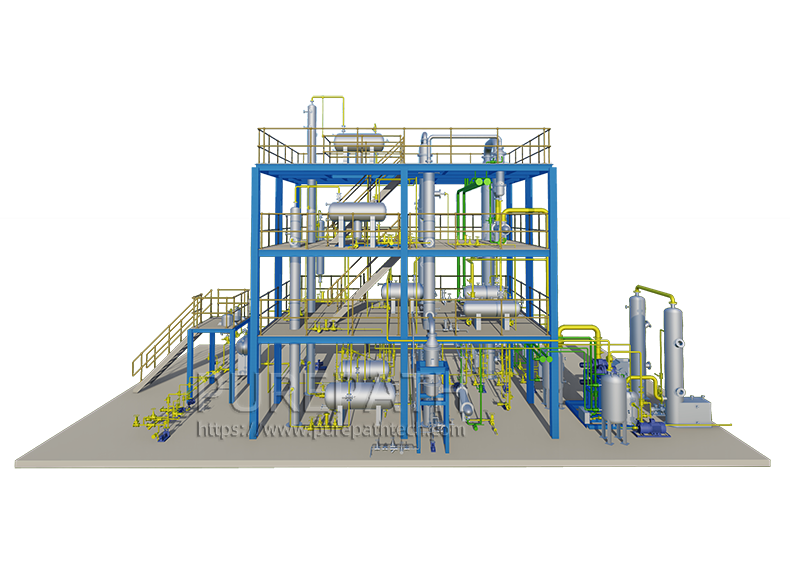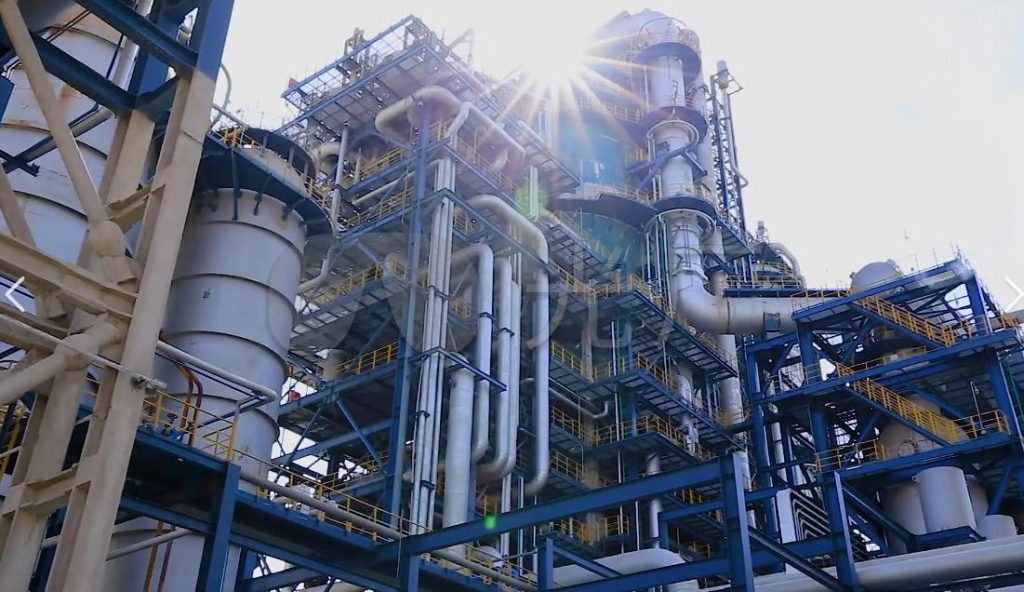Base Oil Refining and the Role of Solvent Extraction Plants in Modern Petroleum Industry
Base oil refining is a crucial process in the petroleum industry, aimed at converting crude oil into high-quality finished products. This refining process involves various units, each serving specific functions and tasks. Among these units, solvent extraction plants play a significant role in enhancing the quality and yield of the final petroleum products. This article delves into the key components of a base oil refining process, with a focus on the solvent extraction plant’s vital role.
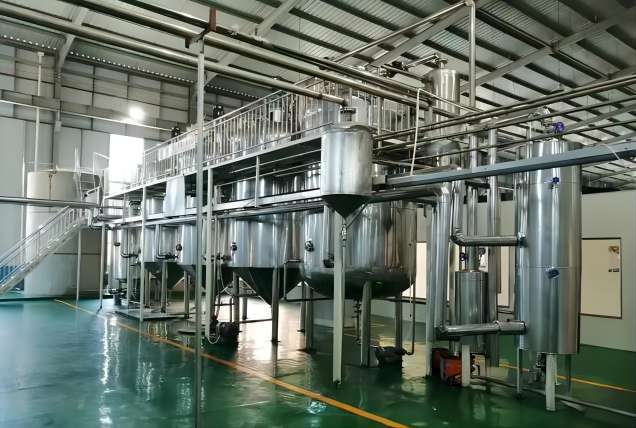
The Key Components of Base Oil Refining
- Distillation Unit
The distillation unit is the first and most essential step in the refining process. It involves heating crude oil and subjecting it to fractional distillation at different temperatures, separating it into various components based on their boiling points. This process enables the extraction of different fractions of hydrocarbons, such as gasoline, diesel, kerosene, and other valuable products.
- Catalytic Cracking Unit
The catalytic cracking unit is responsible for converting heavy crude oil fractions into lighter, more valuable products. This process involves breaking down long hydrocarbon chains through the use of catalysts, resulting in the production of high-demand products like gasoline and jet fuel.
- Hydrogenation Unit
The hydrogenation unit is designed to remove impurities and harmful substances from crude oil, thereby enhancing the environmental performance of the final products. This process involves reacting crude oil with hydrogen gas under high pressure and temperature conditions, leading to the removal of sulfur, nitrogen, and other undesirable elements.
- Desulfurization Unit
The desulfurization unit specifically targets the removal of sulfur compounds from crude oil. Sulfur is a significant pollutant that, when present in the final products, contributes to environmental issues like acid rain and air pollution. The desulfurization process significantly reduces sulfur content, making refined products more environmentally friendly.
- Denitrification Unit
Similar to desulfurization, the denitrification unit aims to remove nitrogen compounds from crude oil. Nitrogen compounds can lead to the formation of harmful nitrogen oxides (NOx) during combustion, which is a major contributor to air pollution. The denitrification process helps enhance the environmental performance of refined products.
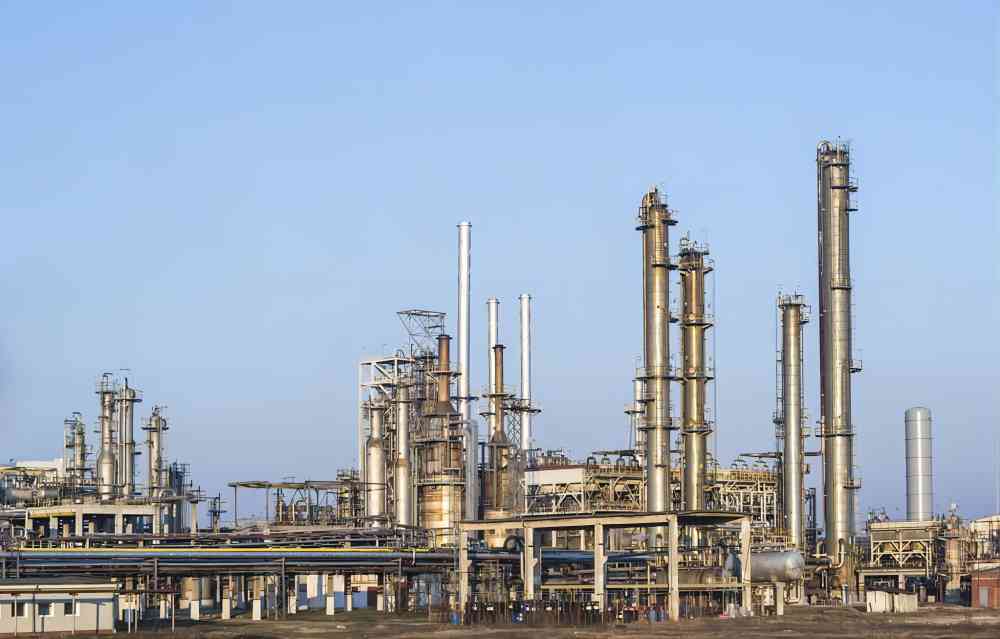
The Importance of Automation and Maintenance
Operating a full set of base oil refining equipment requires a high level of automation and precise control. Modern refining equipment is equipped with advanced automation systems and instruments that allow real-time monitoring and control of various process parameters. This ensures the safe and stable operation of the equipment and minimizes the chances of accidents or operational errors.
Regular maintenance and inspection are also crucial for ensuring the long-term reliability and efficiency of base oil refining equipment. Routine checks and timely repairs prevent unexpected breakdowns and maintain the equipment’s optimal performance, reducing downtime and production losses.
Development and Challenges in Base Oil Refining Equipment
The development of base oil refining equipment is closely intertwined with the progress of the petroleum industry. With the rapid growth of the global economy and increasing energy demands, the need for high-quality finished petroleum products has been on the rise. To meet this demand, base oil refining equipment has been continuously innovated and improved.
New generations of base oil refining equipment employ more efficient processes and technologies to adapt better to different crude oil characteristics and enhance product quality and yield. This includes the integration of advanced catalysts, improved hydrogenation techniques, and optimized distillation methods.
However, the development of base oil refining equipment also faces certain challenges. Firstly, energy security remains a critical concern. As petroleum resources are finite, countries compete for limited oil reserves, introducing uncertainty to the development of refining equipment. Therefore, efforts to diversify energy sources and promote energy efficiency become increasingly important.
Secondly, environmental protection is a pressing issue. The petroleum processing generates wastewater, exhaust gases, and solid waste that can cause pollution to the environment. Finding effective ways to treat and utilize these waste materials is an urgent problem that the industry must address to minimize its ecological impact.
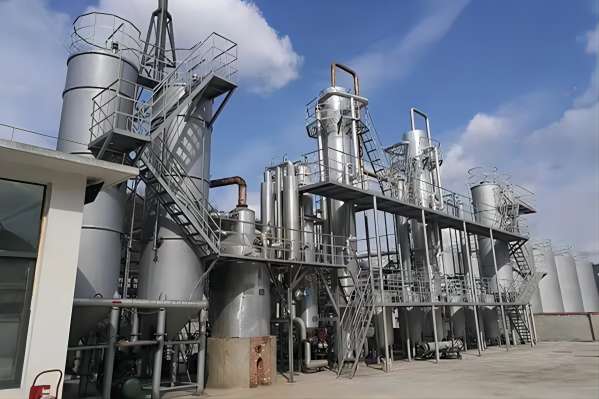
Conclusion
Base oil refining equipment plays a vital role in the modern petroleum industry. It is essential for the development of national economies, ensuring energy security, and protecting the environment. With continuous technological advancements and growing demand, base oil refining equipment will continue to evolve and face new challenges. Finding sustainable solutions to energy security and environmental concerns will be crucial for the future development of the petroleum industry and its refining processes.


